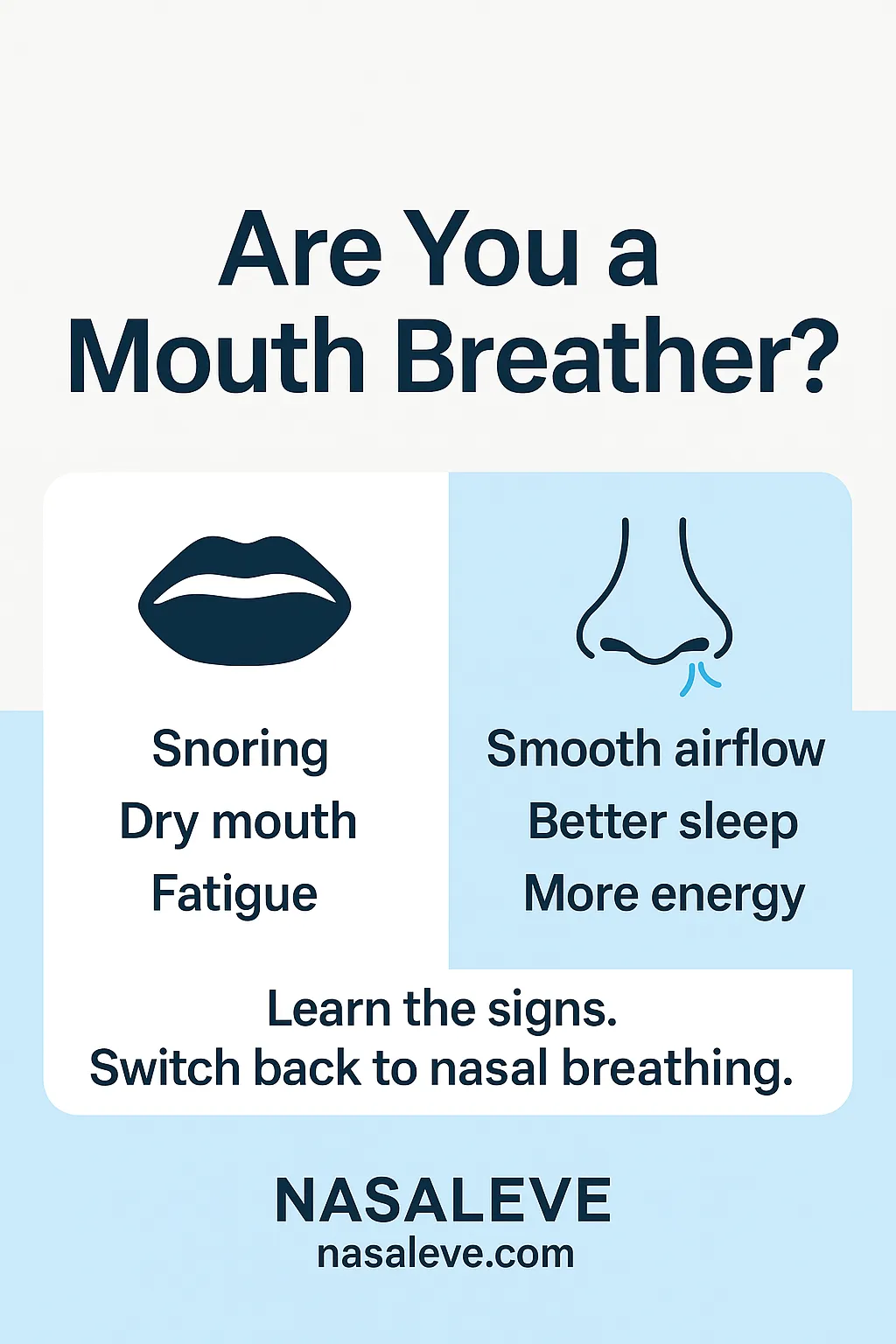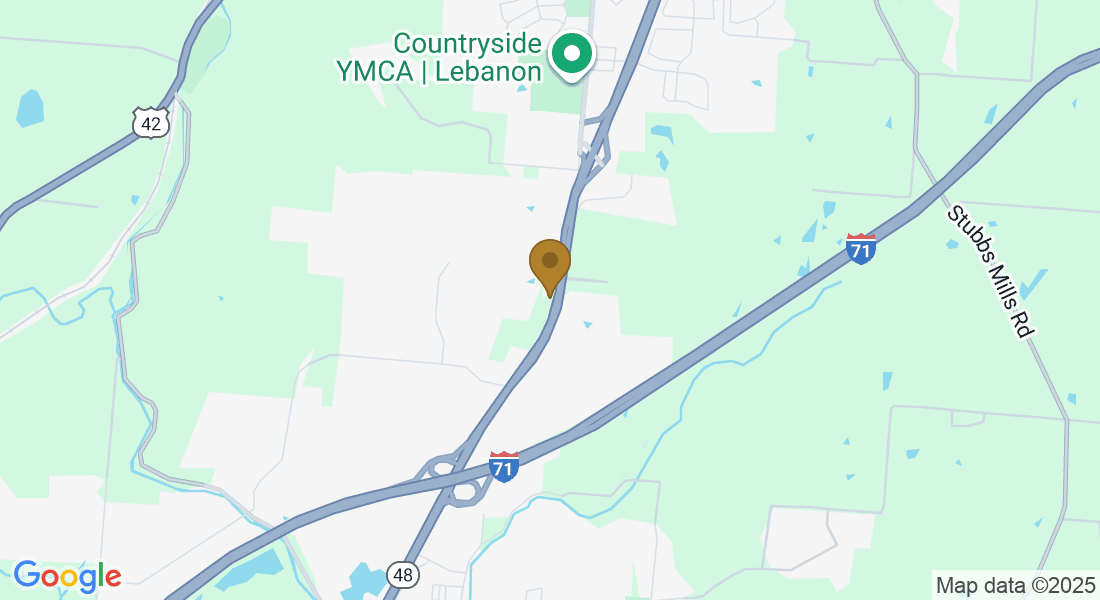
Signs You’re a Mouth Breather (and Why It’s Hurting You)
Introduction
Breathing is something we all do without thinking — but how you breathe makes a huge difference. If you rely on your mouth instead of your nose, you could be setting yourself up for a long list of health problems without even realizing it.
So, how do you know if you’re a mouth breather? Let’s look at the telltale signs and why it matters more than you might think.
Common Signs of Mouth Breathing
You might be a mouth breather if you notice:
Dry mouth or sore throat (especially in the morning)
Bad breath that lingers despite brushing
Snoring or noisy sleep
Chronic fatigue from disrupted rest
Frequent nasal congestion (your body defaults to the mouth)
Chapped lips
Difficulty concentrating or “brain fog”
In children, mouth breathing can even affect facial growth and dental alignment over time.
Why Mouth Breathing Hurts Your Health
Mouth breathing may seem harmless, but it bypasses your body’s natural filtration system. Here’s what happens:
❌ Unfiltered air – Your nose is designed to filter dust, allergens, and bacteria. Mouth breathing skips this protection.
❌ Dry airway – Air through the mouth isn’t humidified, leading to throat irritation.
❌ Reduced oxygen efficiency – Nasal breathing produces nitric oxide, which improves oxygen delivery. Mouth breathing doesn’t.
❌ Sleep disruption – Snoring and sleep apnea are more common with mouth breathing.
The result? Poor sleep, low energy, and long-term strain on your health.
Why People Rely on Mouth Breathing
Most people don’t choose to be mouth breathers — it happens because:
Nasal obstruction (allergies, deviated septum, or nasal valve collapse)
Habit (especially in childhood)
Sleep position (lying flat can make nasal breathing harder)
How to Switch Back to Nasal Breathing
The good news? Mouth breathing isn’t permanent. You can retrain your body to breathe properly through your nose. Steps include:
Treat the cause – Address allergies, structural issues, or nasal valve collapse.
Practice nasal breathing exercises – Gentle training can strengthen nasal airflow.
Use support when needed – Innovations like Nasaleve provide lateral support to keep nasal passages open, helping you restore natural airflow without surgery.
Final Thoughts
If you wake up tired, struggle with dry mouth, or snore loudly at night, you may be a mouth breather. While it seems minor, the consequences can build over time — from poor sleep to reduced focus and energy.
The fix? Recognize the signs, address the causes, and make nasal breathing your default again. Your body will thank you.
Call to Action:
👉 Wondering if mouth breathing is draining your energy? Learn how to make the switch at nasaleve.com/signs-of-mouth-breathing.


